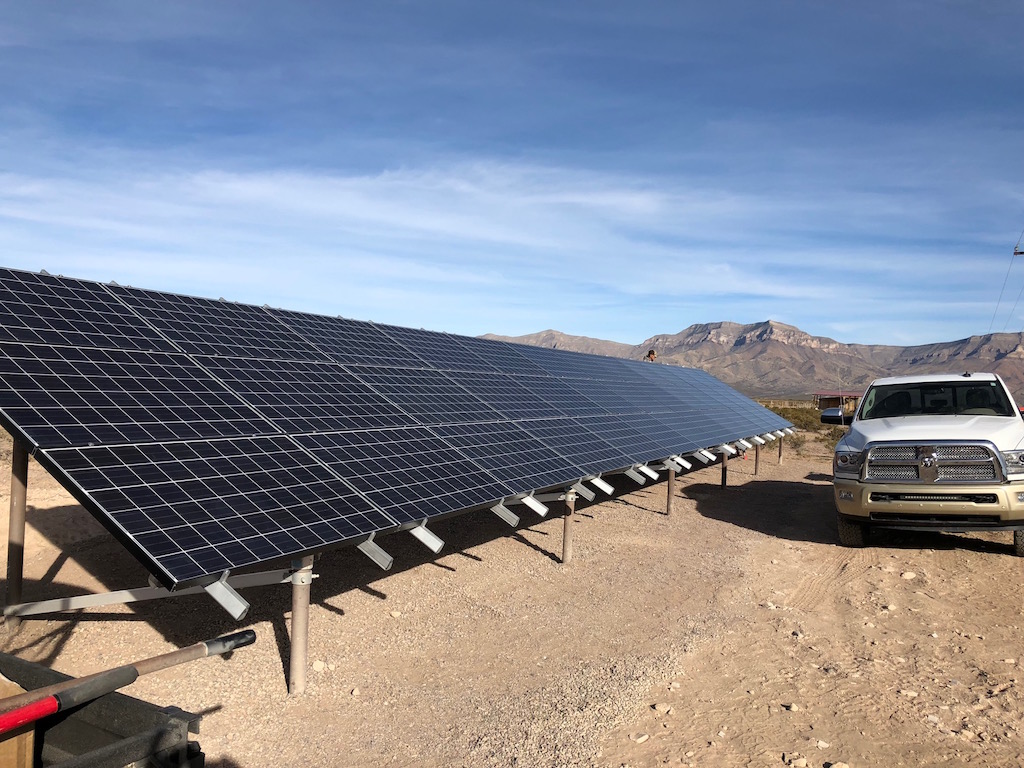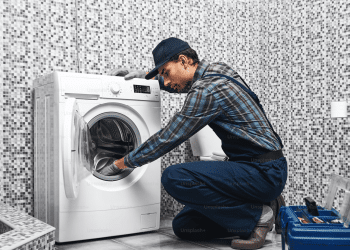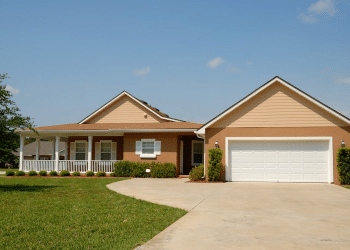Table of Contents
Owing to the increasing demand for renewable energy and user awareness about its benefits, solar installations have gained a lot of traction in the last few years. In fact, the number of solar installations has witnessed a steady increase from 6.5 GW at the end of 2016 to 8.4 GW in Q2 of 2018 alone with huge rises in 2022 being predicted.
In this blog, you will learn everything you need to know about the various types of solar inverters and how they differ from one another. If you are considering getting a PV system installed in your home or business premises, you will find all the information that you need right here!
Which is the Best Solar Inverter for Home Use?
There is no one-size-fits-all approach to this question. It all comes down to your specific needs and requirements. Thus, the best solar inverter for home use is the one that meets your needs and requirements the best.
You will find a comprehensive list of residential solar inverters available online, but of all of the makes, Victron Energy solar inverters seem to offer the best price / performance of all.
The best thing to do is to talk to an expert in Solar Energy like DragonsBreathSolar, that way you can be sure of buying the best inverter, one that matches the other equipment in your solar system.
Once you’ve figured out (or been advised on) which type of solar inverter is best for you, you should also be able to figure out what you need to spend on it, the cheapest not always being the best option when all things are considered.
What is a solar inverter?
A solar inverter is probably one of the most important components of a solar PV system. It’s basically an electrical device that converts the direct current (DC) produced by solar panels into alternating current (AC) that is fed into the grid. This AC current can be used to power your appliances and devices. Solar inverters come in different capacities, depending on the size of your solar system and will range from one kilowatt to tens of kilowatts.
Solar inverters can be categorized into two main types – central inverters and micro inverters. Central inverters are connected to the solar panels using a long cable. This long cable can pass through the roof or a wall. On the other hand, micro inverters are connected to each solar panel using a short cable.
Different types of residential solar inverters
– Sine Wave Inverters: These are the first type of inverters that came into the market. The main advantage of this type of inverter is that the electricity that it produces is very similar to the electricity produced by the power grid. This means that you can power your appliances just as you would when you are connected to the grid.
– Modified Sine Wave Inverters: This type of inverter produces a modified AC current that is still suitable for grid-tie applications. This AC current is not suitable for sensitive appliances and devices though.
– True Sine Wave Inverters: This is the latest and the best type of inverter that is available in the market. It has all the benefits of the two inverter types that we have just discussed. The only difference is that it is more efficient than the other two.
How to choose the best solar inverter for home use?
The first thing that you need to do is to decide the voltage and the current rating of the system. You will also need to know the power rating of the system that you want to install.
Once you know these three things, it will become very easy to choose the best solar inverter for home use. You can find some useful tips and points that will help you make an informed decision below:
– The first and most important thing that you need to keep in mind is to choose an inverter that is certified. This will ensure that you are investing your money wisely and getting a quality product.
– You also need to check the system’s efficiency rating. The higher the efficiency rating, the better it is. You should also check the energy conversion efficiency percentage. The energy conversion efficiency percentage indicates how much of the solar energy is actually converted to usable energy. The higher the percentage, the better it is.
– You should also look at the system’s capacity. This will depend on the size of your solar panels and the amount of energy that your household requires.
– Other things that you should check are the system’s weight, the warranty period, and the ease of installation. – You should also check the cost of the inverter. The best solar inverter for home use is one that suits your budget and your requirements.
Other things you should know about solar inverters
– An inverter is designed to last between 10 and 15 years, so you don’t have to worry about replacing it for a long time. This means that you are likely to get a return on your investment in a short span of time.
– There are two ways in which a solar inverter can fail – it can either stop working or it can fail to trip. If an inverter stops working, it will not produce any electricity. If it fails to trip when it finds a fault it could cause damage to the system. Both require that the inverter, or the other parts of the system are repaired or replaced.
– If you are looking to maximize the amount of energy that your PV system can produce, you need to pay attention to your solar inverter. Remember a high quality solar inverter will ensure that you get the maximum possible amount of energy from your solar panels in a safe manner.
Final words: The bottom line
The solar industry is growing exponentially, as is the demand for solar inverters. In fact, the solar inverter market is expected to reach a value of £3 Billion by 2022. There are a lot of options for homeowners when it comes to solar inverters, which can make choosing the right one hard.
So, If you are thinking about installing solar panels at your home, remember that the best solar inverter for your use will be one that is efficient, reliable, affordable, matches your system and also meets your needs.








